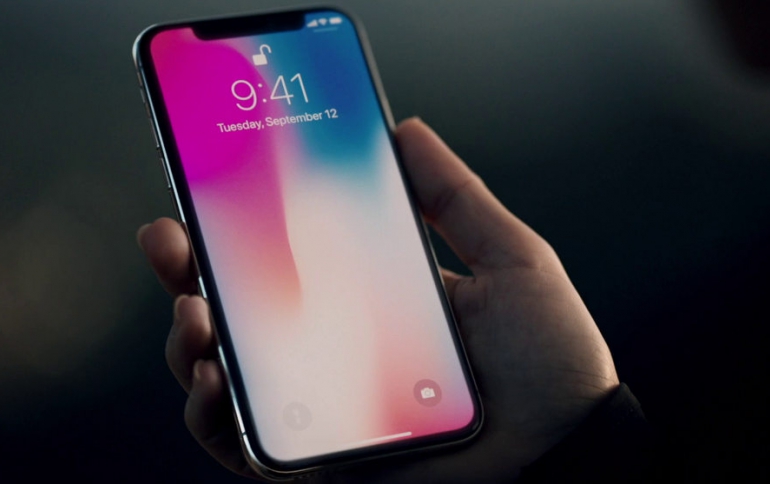
Qualcomm is Further Pushing Apple Through ITC
The U.S. International Trade Commission (ITC) said Wednesday it would take a closer look at a recommendation by a judge in September that an import ban of Apple's iPhones would hurt America’s competitive edge in the development of 5G.
The U.S. trade agency will also look at the judge’s finding that Apple infringed one of three Qualcomm patents in the case, though confirmed that two other patents weren’t infringed.
The ITC said it would issue a final decision Feb. 19. Among the questions it wants answered are how long it would take Apple to work around the patented battery-saving feature, whether a limited order could be crafted and what national security concerns would be implicated.
The latest development in the global fight between Apple and Qualcomm over patent royalties shows that Qualcomm is trying to get leverage over Apple in licensing negotiations. Apple, which claims Qualcomm charges too much, has refused to pay anything for more than a year and has cost Qualcomm billions of dollars in profit.
The two companies have engaged in legal battles around the world, with much of the focus on the U.S., Germany and China. On Monday, Qualcomm said a Chinese court issued a sales ban on certain Apple phones in the Asian nation.
The ITC's mission os to protect U.S. markets from unfair trade practices, and its only power lies in the ability to prevent products from entering American borders. But even if the commission issues an iPhone import ban in its final decision, it could be vetoed by President Donald Trump’s administration, which has cited security concerns linked to China and 5G development.
ITC Judge Thomas Pender said in his September findings that the iPhones infringed one element of a Qualcomm patent, for a power saving technique, but not two patents for a power amplifier and for a graphics application. Each side asked the ITC to review the portion of those findings that they lost.
A ban would affect the iPhone 7, iPhone 8 and iPhone X, which contain Intel chips that work only on the AT&T and T-Mobile networks. Those models with Qualcomm chips can be used on any carrier network, while newer iPhones with Intel chips work on all networks.
Besides Qualcomm adn Intel, Samsung Electronics and Huawei Technologies are also producing advanced baseband chipsets for their own smartphones. In case Qualcomm wins the ITC case and the ban of the iPhones, Apple will have no option than entering into negotiations with Qualcomm. Huawei has issues with claims it’s a national security threat and Samsung is unlikely to help out rival Apple.





















